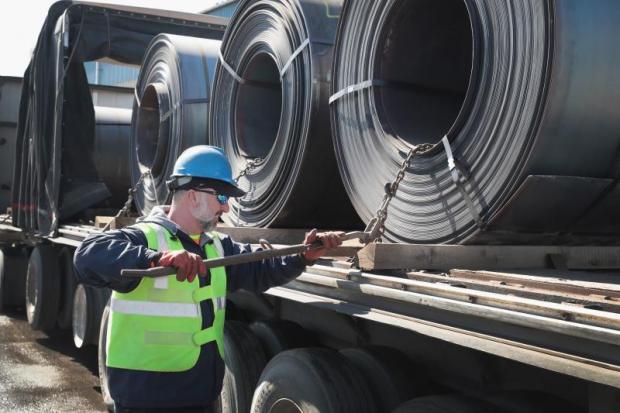Implications for Thailand of US steel and aluminium tariffs
As heavily reported in the media, US President Donald Trump on March approved “safeguard” duties of 25% on imports of certain steel products and 10% on certain aluminium products, in addition to other import taxes and duties. This controversial move is aimed at promoting the use of locally produced steel products and protecting American manufacturers.
The penalty to be collected by the US is not a conventional safeguard measure normally referred to by the member countries of the World Trade Organization (WTO). Under the WTO Agreement on Safeguards, members are allowed to impose safeguard duty to protect a domestic industry if certain elements are met and investigations are in accordance with agreed WTO procedures. In general, the elements that are required before a member can impose a safeguard measure are:
- an increase in imports of a certain product;
- such an increase causes or threatens to cause serious injury to the domestic industry; and
- an investigation has been done in accordance with the agreed procedures under the Agreement of Safeguards. Unlike the conventional safeguard measure under the WTO, the measures taken by Mr Trump were enacted by citing the threat to national security by virtue of the US Trade Expansion Act of 1962. The penalties applied to imported steel and aluminium products apply across the board but initially exclude products imported from Canada and Mexico. Specifically, the measures cover:
- seven aluminium products at the four-digit level of the Harmonized Tariff Schedule (HTS) Code, a global agreement, and two aluminium products at the 10-digit level; and
- all types of steel products produced by US companies including flat, long, pipe and tube, semi-finished and stainless products covering 177 items under the six-digit level of the HTS Code.
The impact on steel-exporting countries, including China and EU economies, will be significant. The US measures will also affect exporters from Thailand as the United States accounts for approximately 30% of the volume of Thai steel exports. Another indirect impact that we can expect is an influx of steel and aluminium products into countries including Thailand from countries currently exporting to the US.
As the tariffs will make it more expensive for industries in the US to use imported steel and aluminium products, we can expect a decline in imports of steel and aluminium products by the US. Nevertheless, the steel and aluminium products that do not go to the US will still need to go somewhere, and they are likely to end up in countries where there are no or fewer trade barriers.
Thailand has laws that allow the government to enact trade remedies such as anti-dumping and safeguard measures. However, these can only be enacted after the fact. Anti-dumping measures can be applied only after dumping of products at below-market costs has been established through investigations, and a safeguard measure can be enacted only after there has been a sudden increase in imports of products that harm or may harm the domestic industry.
Given the potential threat, this may be a good time for policymakers to consider formulating preventive measures — before the influx of steel and aluminium products can injure Thailand’s domestic industry.
Source: https://www.bangkokpost.com/business/news/1431662/implications-for-thailand-of-us-steel-and-aluminium-tariffs


 Thailand
Thailand




